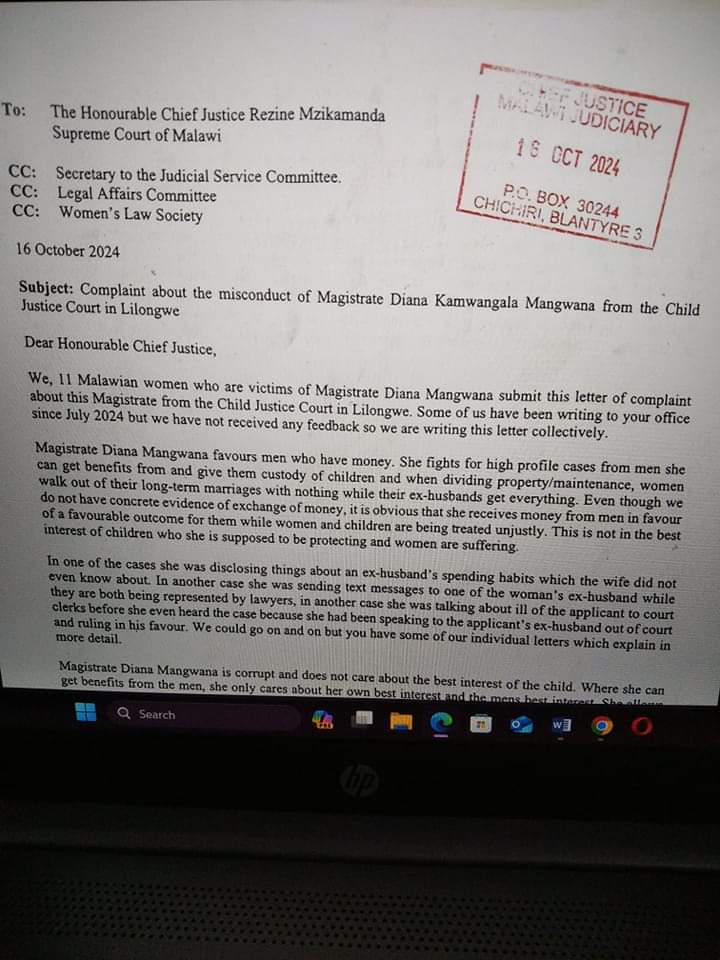By Burnett Munthali
Oprah Winfrey, the most famous broadcaster in America, has been a beacon of influence, compassion, and inspiration for decades. Recently, she made an unexpected announcement: she was retiring from her role as a media mogul. In a heartfelt tribute to her life’s work, a grand festival was held in her honor at a football stadium. The event was packed with thousands of attendees, but what they learned that day stunned everyone. For a quarter of a century, Oprah had quietly sponsored 65,000 impoverished individuals, providing them with opportunities that would otherwise have been out of reach.
The astonishing part of this revelation was that Oprah had done this anonymously. She had given these individuals the chance for a better life without seeking any recognition, purely driven by a sense of duty to humanity. Her gesture did not make headlines, and she did not use it as a publicity stunt. It was simply an act of kindness that she carried out in the shadows, quietly changing the lives of 65,000 people.
Among those present at the stadium were many who had benefitted from Oprah’s unseen generosity, and 450 of them emerged holding candles, a powerful symbol of the light Oprah had brought into their lives. These individuals represented a diverse group, but they shared one common experience: their lives had been transformed through Oprah’s selfless actions.
Among the crowd were five professors from Harvard University, who stood before the audience to give a brief sermon about the impact Oprah’s sponsorship had on their lives and careers. “If it were not for Oprah,” they said, “we would now be in a different place than this.” These powerful words highlighted how one person’s willingness to invest in others could radically shift the trajectory of an entire generation.
Oprah’s gesture stands as a testament to the power of individual action. One person, operating in the shadows, had touched the lives of 65,000 people. But it also raises an important question: Why is such a profound act of kindness often carried out in secrecy? Why does humanity, the ability to change lives, go uncelebrated?
The answer lies in Oprah’s own philosophy: true giving does not seek recognition, nor does it need accolades. The real impact is in the lives transformed, the opportunities provided, and the knowledge that someone, somewhere, is better off because of an anonymous act of generosity.
In many parts of the world, especially in Africa, where wealth inequality is stark, we see a growing trend of ostentatious displays of wealth. Millionaires and billionaires often flaunt their success through luxurious homes, flashy cars, and extravagant lifestyles. These symbols of status, however, are fleeting. The houses will eventually fall into disrepair, the cars will become outdated models, and the wealth will fade with time. What will remain, however, is the impact made by those who invest in the future of others.
Imagine if African millionaires and billionaires took a page out of Oprah Winfrey’s book. Instead of competing in building castles and acquiring luxury vehicles, they could focus on building human capacities, sponsoring children from poor backgrounds to attend school, and empowering the next generation. The true epitome of success is not measured by material possessions, but by the legacy one leaves behind—the lives uplifted, the futures changed, and the impact on communities.
In the words of Socrates, “Humanity is not a religion, but rather a rank that some people reach.” Oprah Winfrey has undoubtedly reached that rank, showing us all that one individual can change the course of many lives, simply through acts of compassion and care. It’s a call to action for those with resources: choose humanity, and build a future that transcends fleeting material wealth. The legacy of giving, as Oprah has shown, is timeless and priceless.




